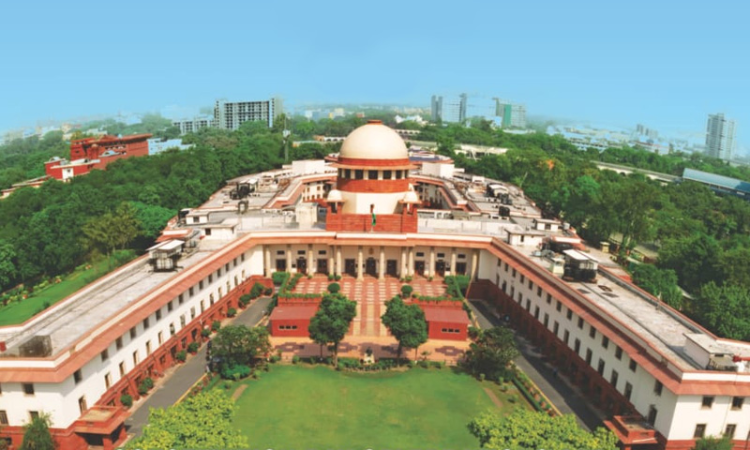The Supreme Court of India on Thursday observed that it will decide the issues of Pay Scales and pensionary/retiral benefits of the Subordinate Judiciary on a priority basis, considering the long pendency of these two issues.A Bench comprising the Chief Justice of India NV Ramana, Justice Surya Kant and Justice Hima Kohli was hearing a plea filed by All India Judges Association for...

